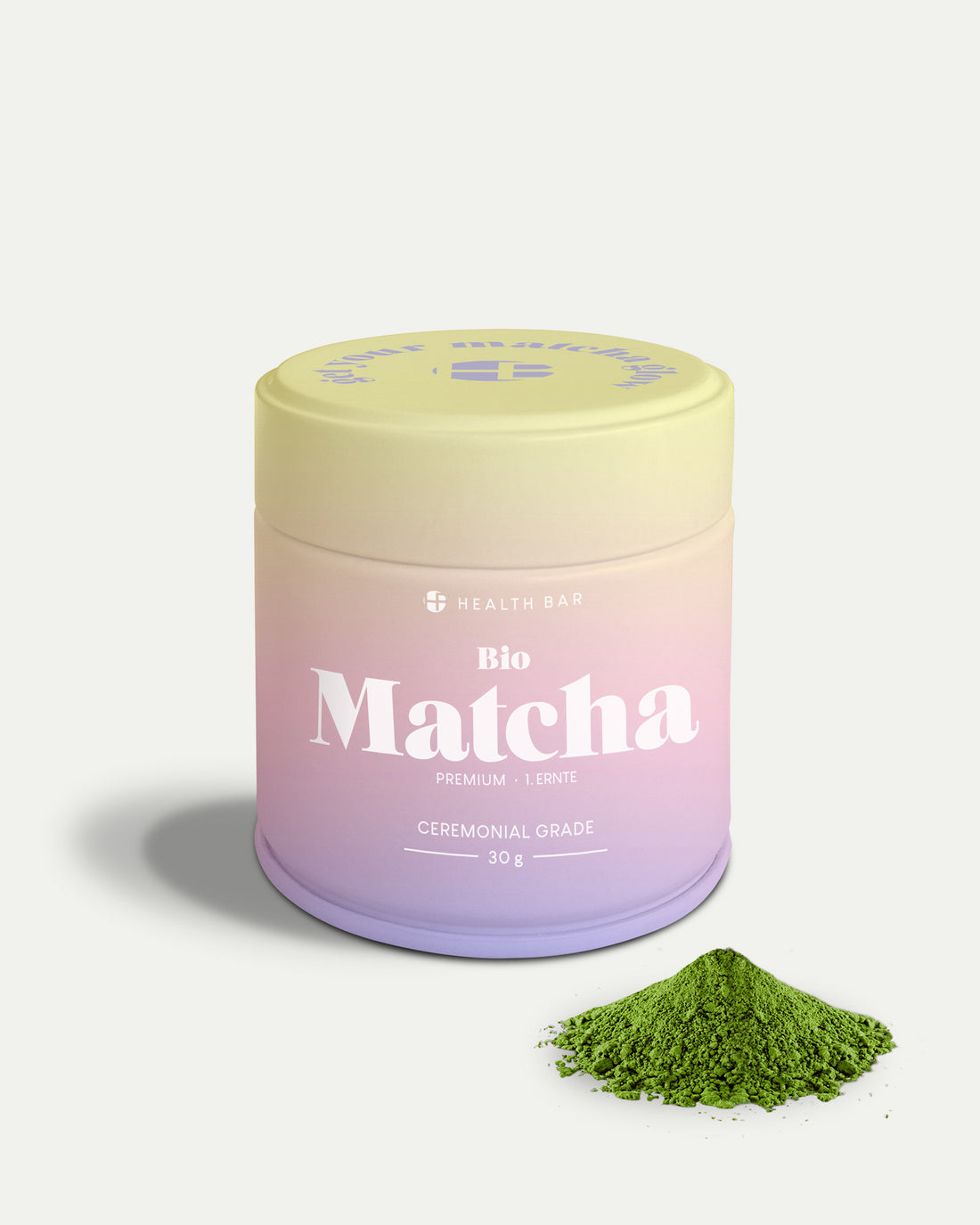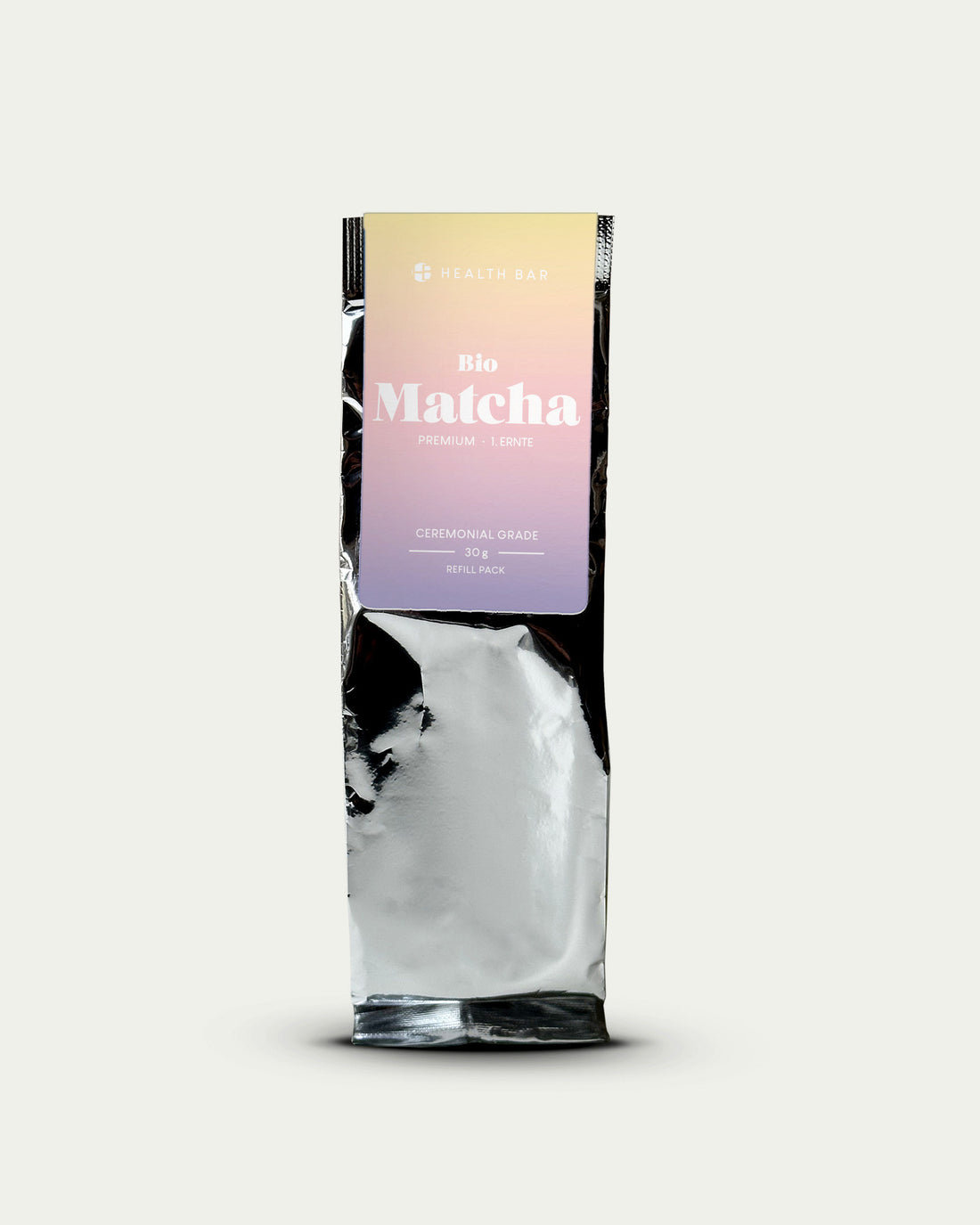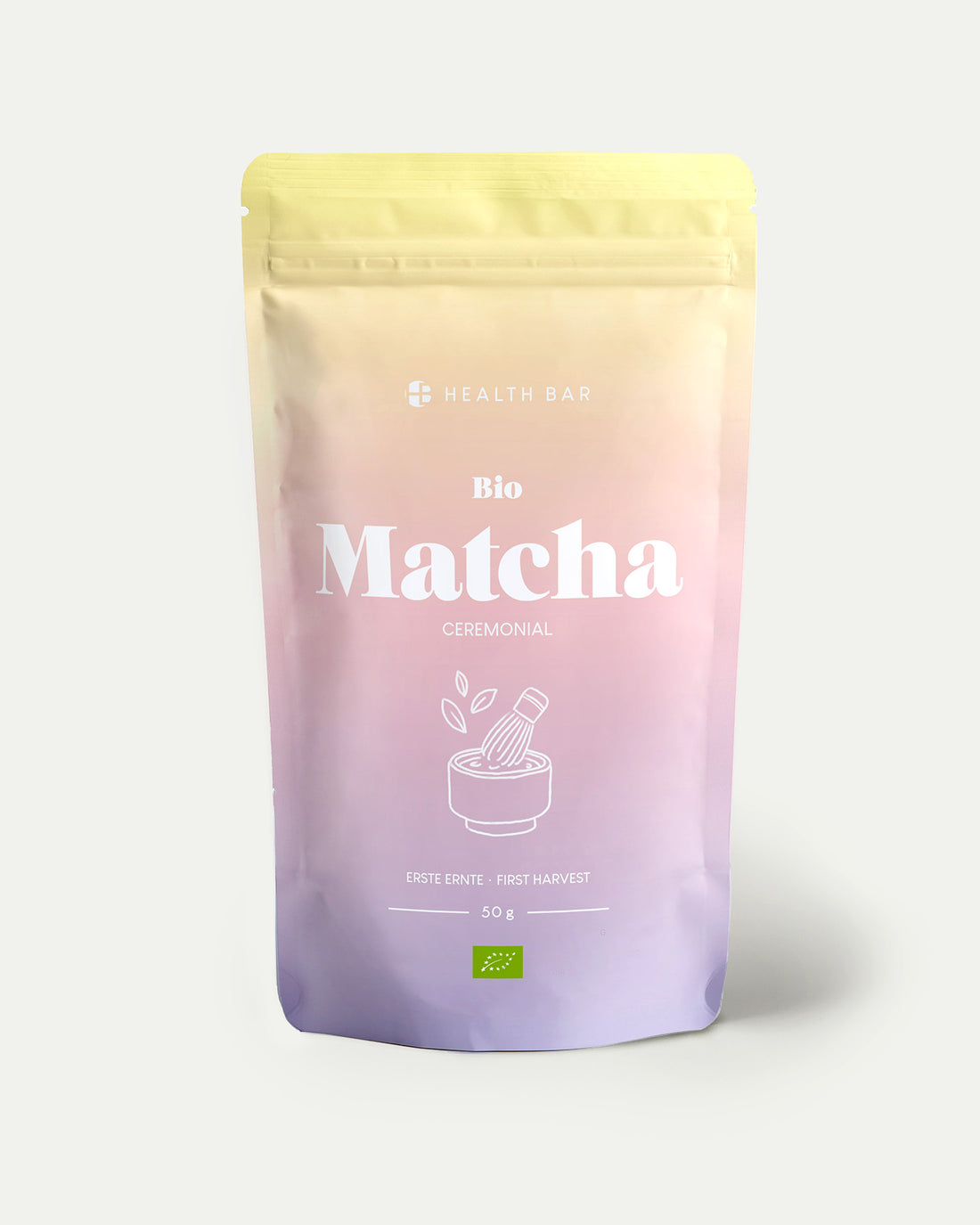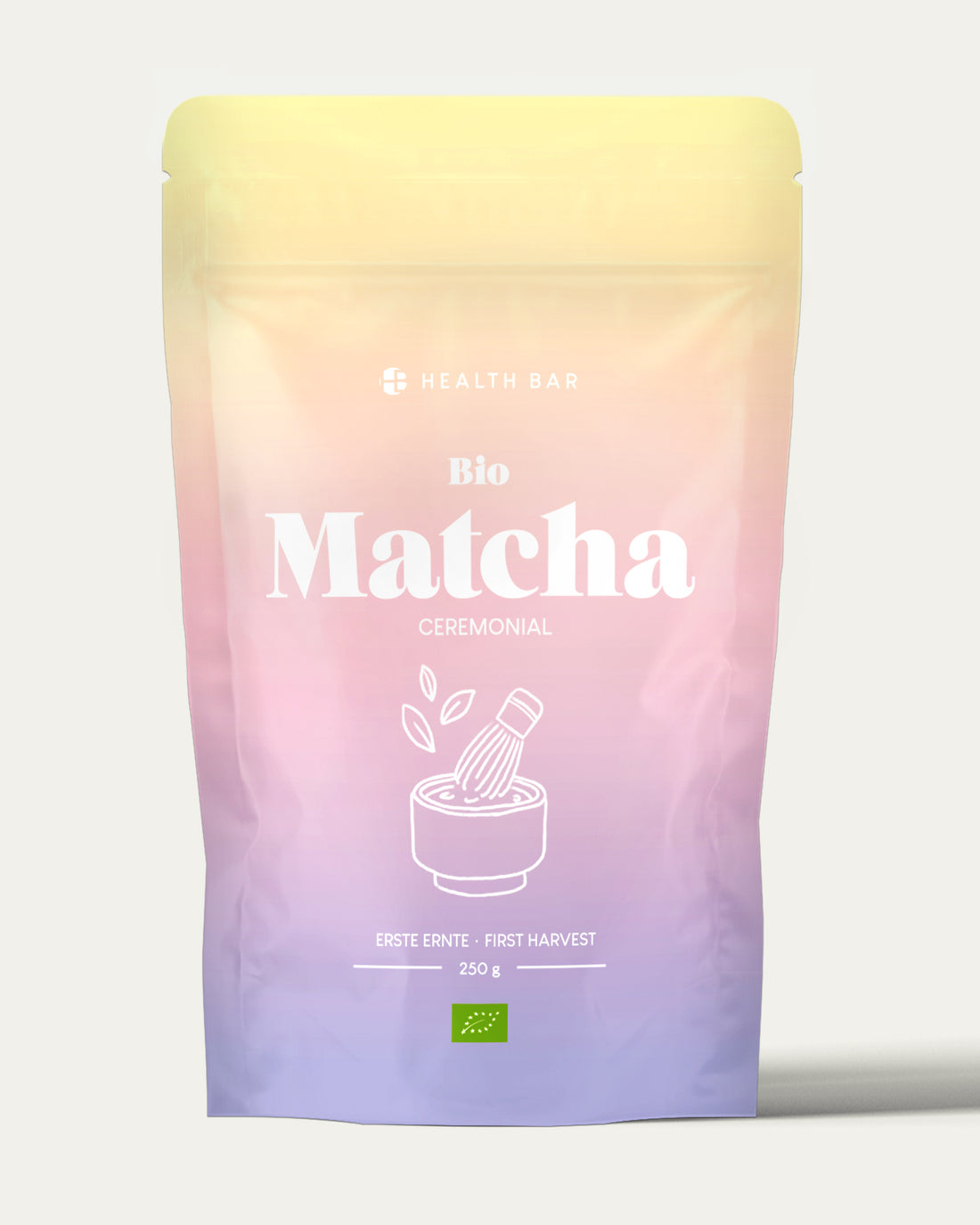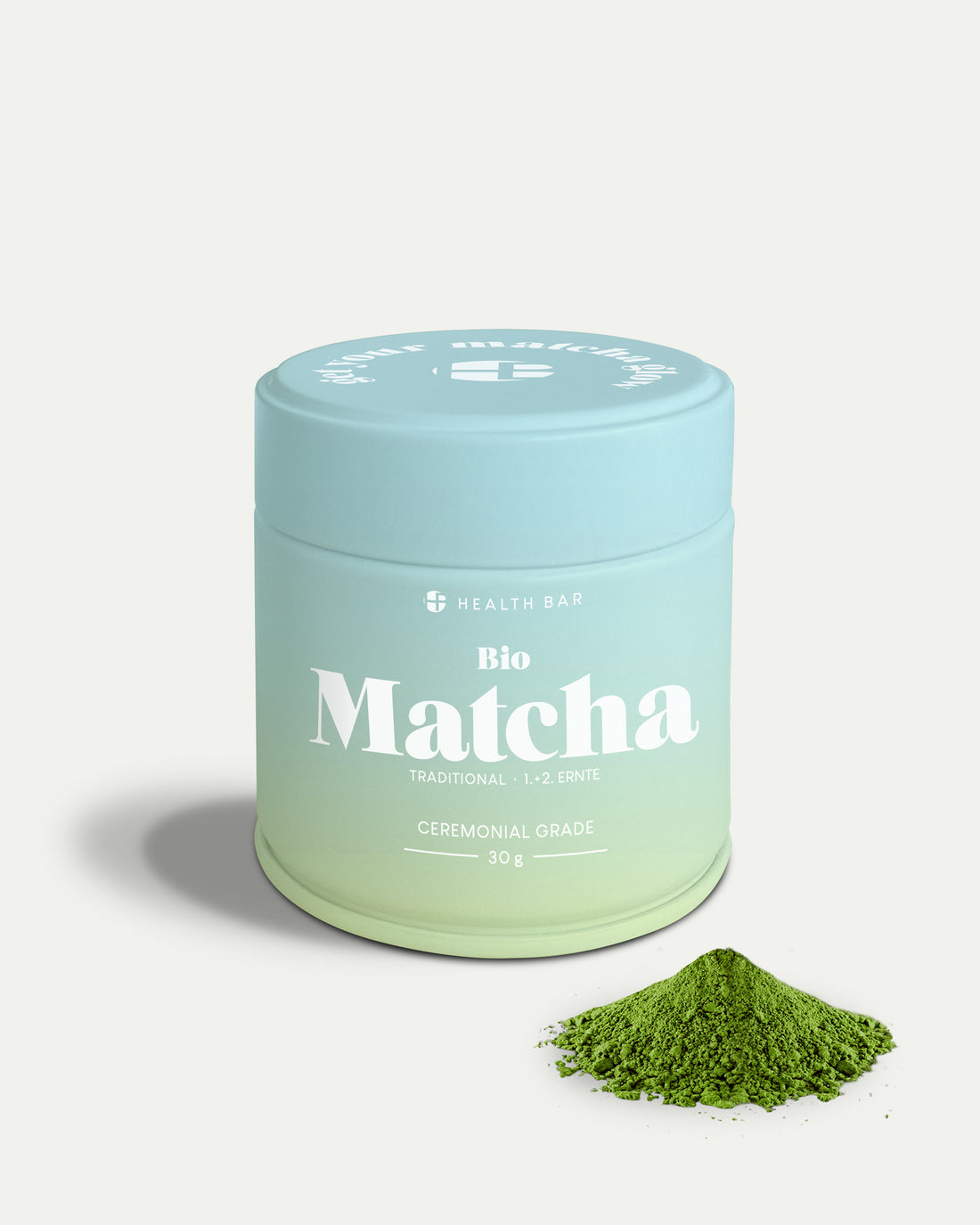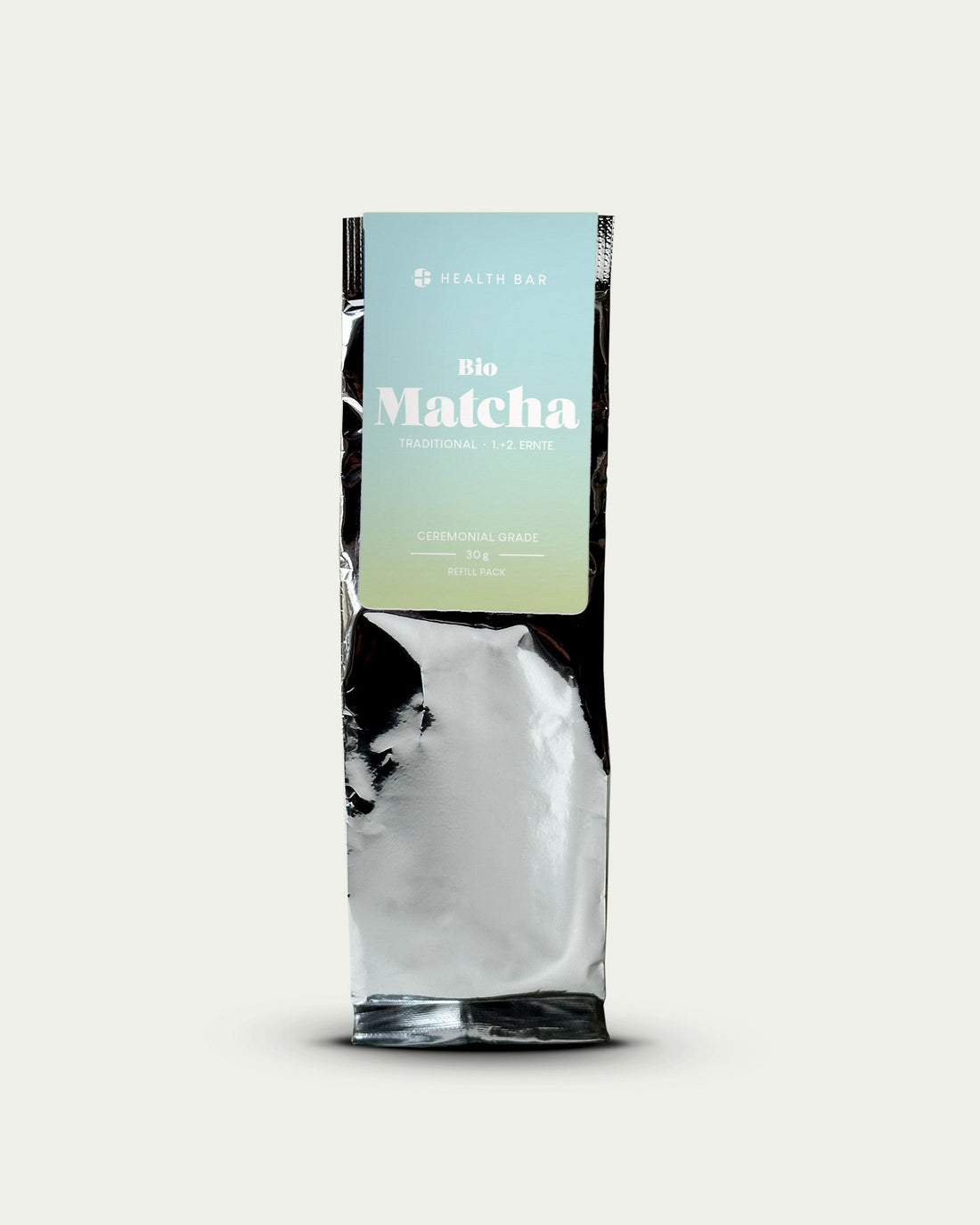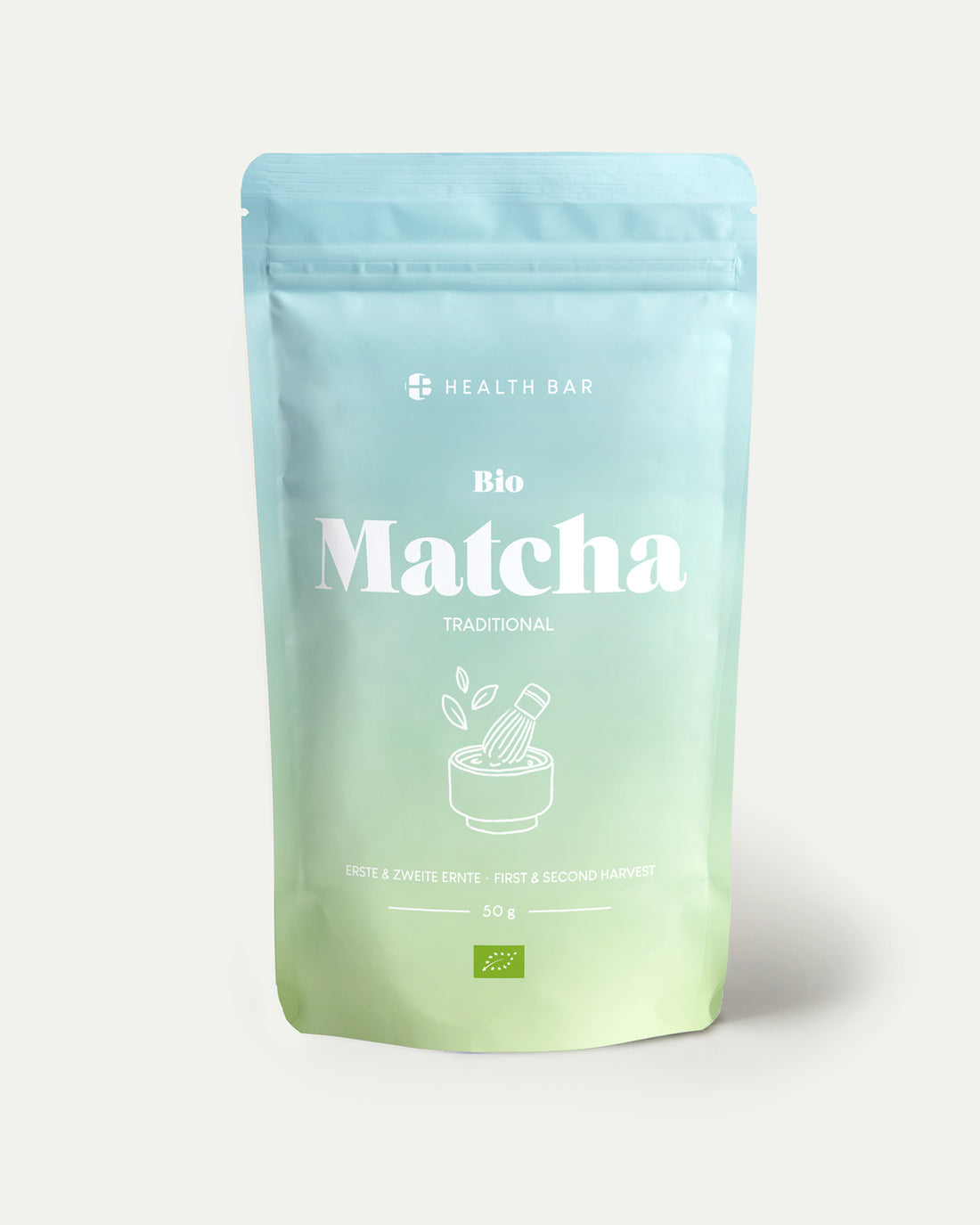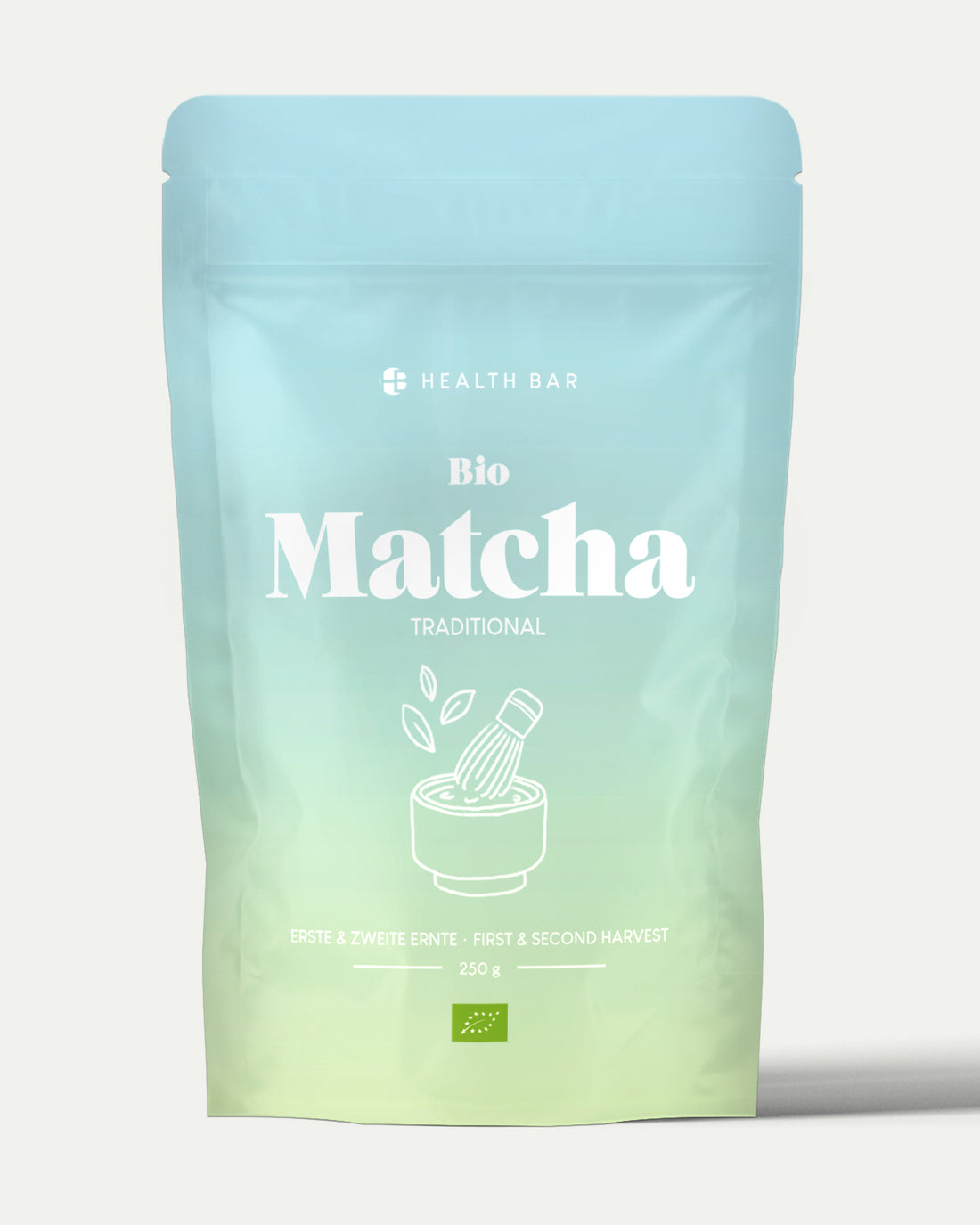
Things to consider when buying matcha
Matcha: A guide to quality differences and buying recommendations
Matcha is much more than just a trendy drink - it is a traditional Japanese powder made from ground green tea leaves that not only impresses with its unique taste, but also with its health benefits. But not all matcha is the same. The quality can vary considerably and the range extends from simple products for everyday use to high-quality, ceremonial matcha varieties. In this article, you will learn about the differences in matcha quality, how to recognize high-quality matcha and what you should look out for when buying it.
What is matcha and why are there differences in quality?
Matcha is a finely ground powder made from specially grown and processed tea leaves. Matcha originally comes from Japan, where the tea leaves are cultivated under special conditions. Before they are harvested, the tea plants are shaded for several weeks, which increases the chlorophyll and amino acid content. This results in a more intense taste and a rich green color that characterizes high-quality matcha powder.
There are three main categories of matcha grades
Types and quality levels of matcha
-
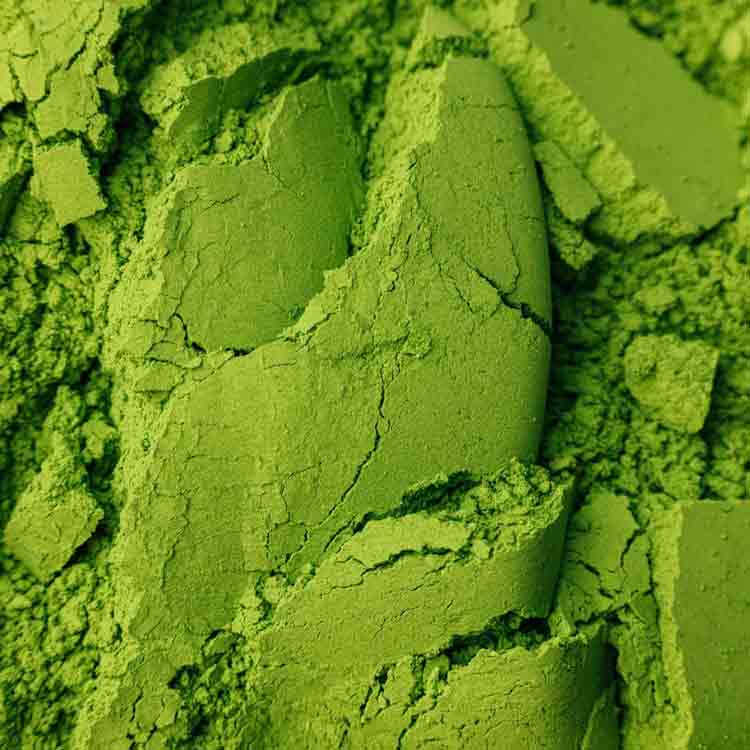
1. ceremonial matcha/ ceremonial matcha
This highest quality grade is often used in the traditional Japanese tea ceremony. Ceremonial Matcha has a bright green color, a sweet, mild taste and a fine, velvety texture. It is made from the youngest and finest leaves and is therefore the most expensive variety. This matcha is ideal for pure enjoyment without additional sweeteners or dairy products.
-
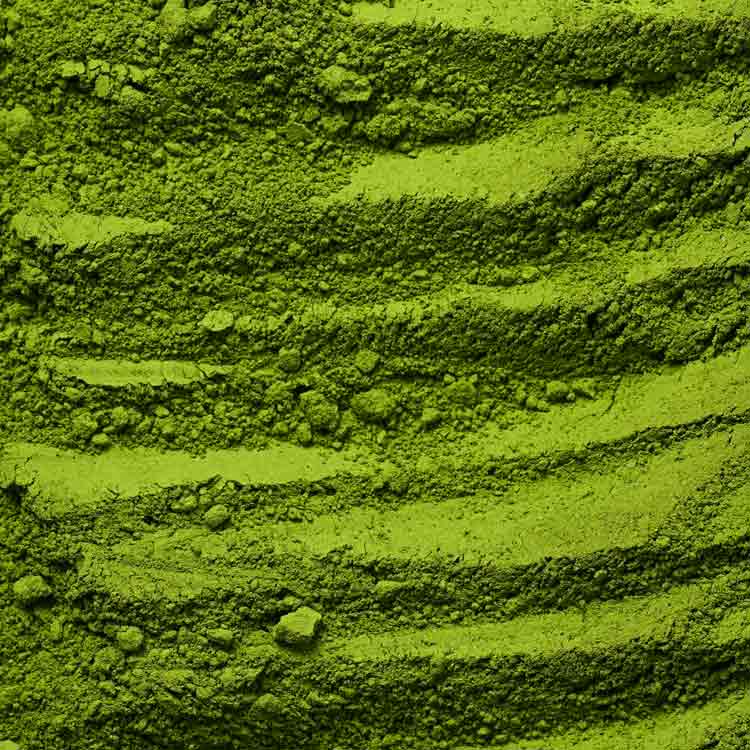
2. premium/traditional matcha:
This category is also of high quality and can be enjoyed pure or used for matcha lattes or smoothies. Premium matcha has a somewhat stronger, greenish color and a complex taste that is often slightly bitter. It is made from slightly older leaves and is cheaper than ceremonial matcha.
-
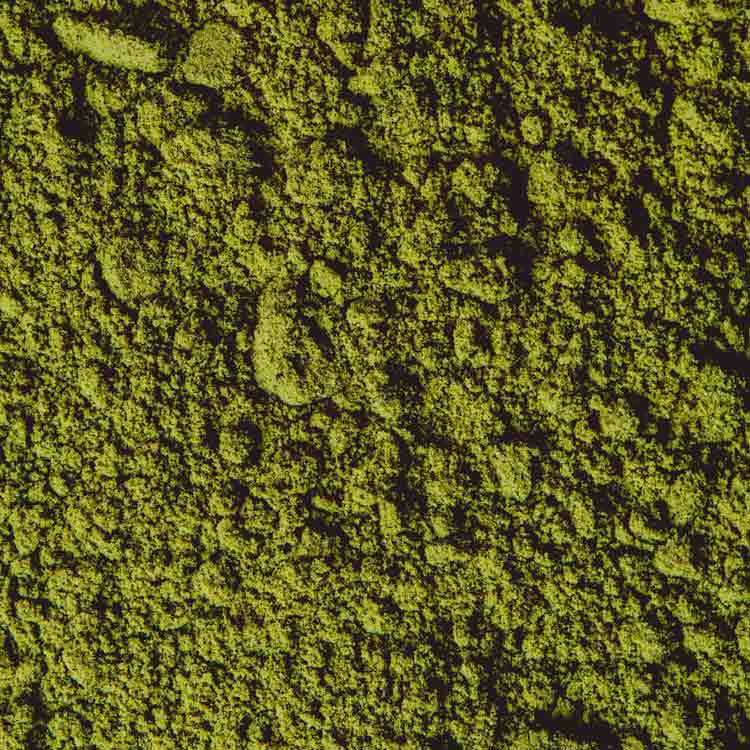
3. culinary or cooking matcha:
This matcha is good for preparing food and drinks such as matcha ice cream or baked goods. It has a darker, olive-green color and a strong, slightly bitter taste. Culinary matcha is usually made from older leaves and is therefore the cheapest in terms of price.
The quality of matcha is influenced by various factors:
Cultivation method
Matcha from organic cultivation without chemical additives is generally of a higher quality, as the natural shading improves the taste and ingredients.
Harvesting and processing
Tea leaves for high-quality matcha are hand-picked and carefully processed. The leaf veins and stems are removed so that only the leaf flesh remains, which offers the finest taste.
Learn moreGrowing region
Japanese regions such as Uji, Nishio and Shizuoka are known for their high standards in tea cultivation. The climatic and soil conditions in these regions result in particularly high-quality matcha varieties.
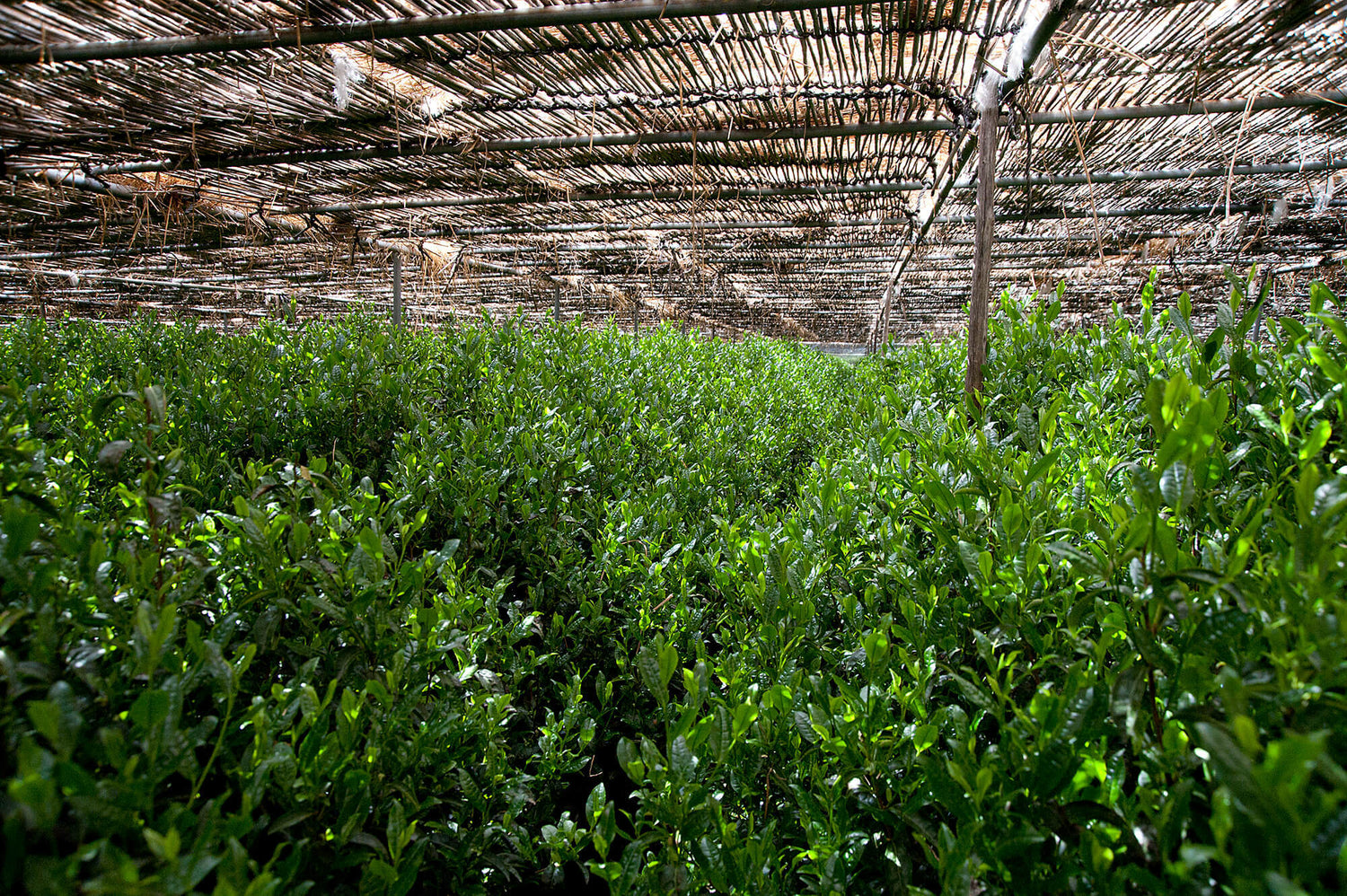
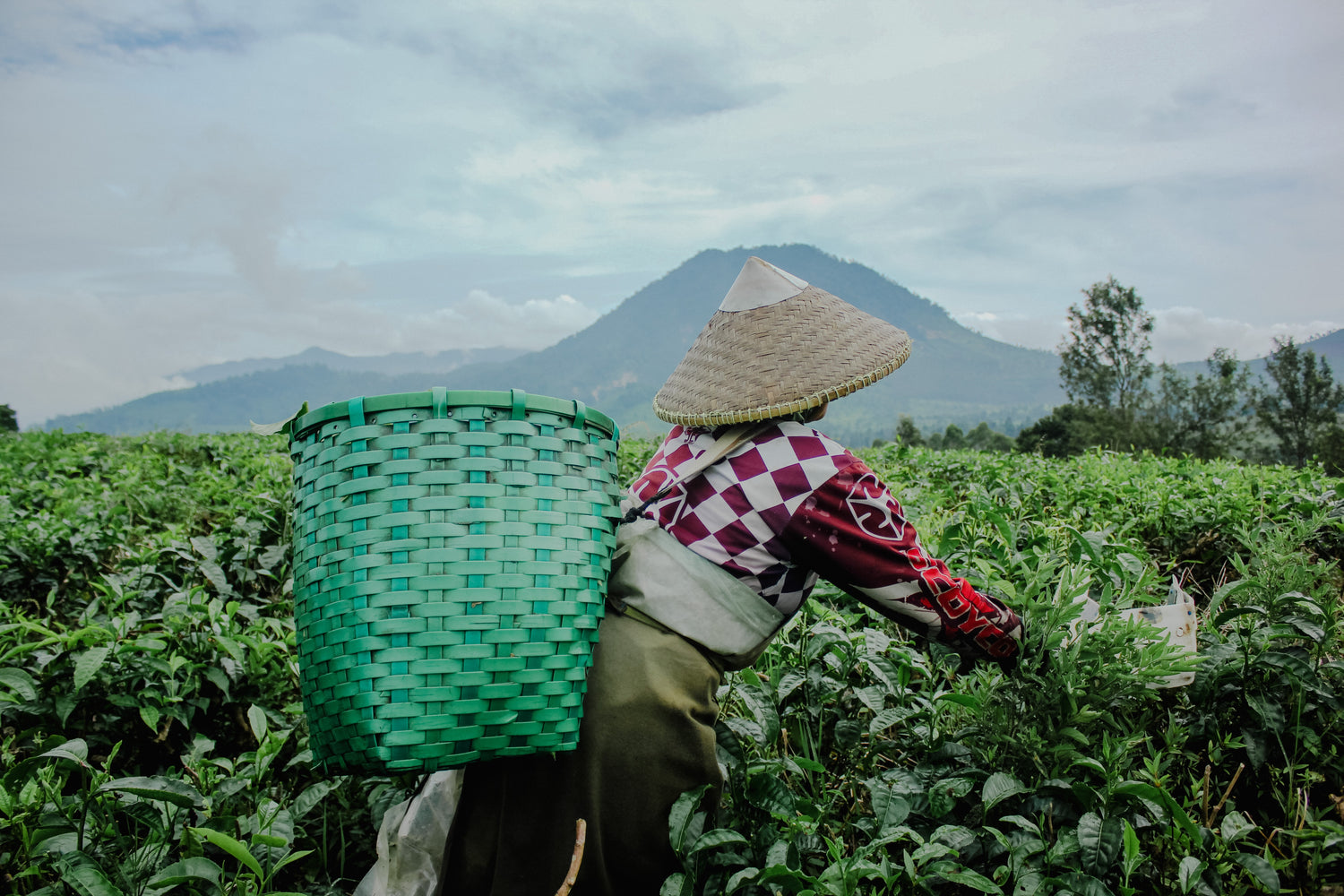
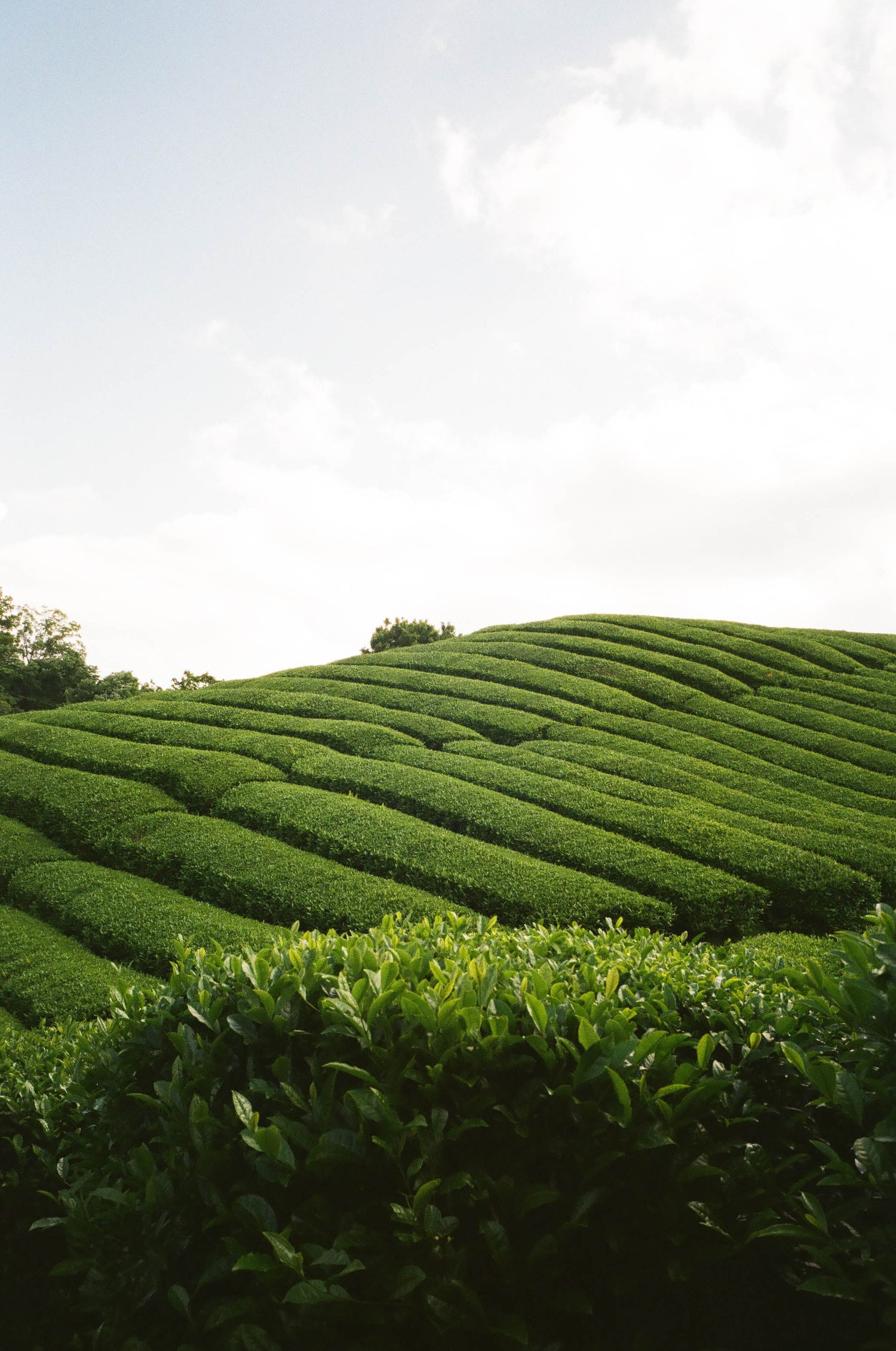
Quality characteristics
How to recognize high-quality matcha
To ensure that you are getting a high-quality product, there are certain characteristics that you should look out for in matcha:
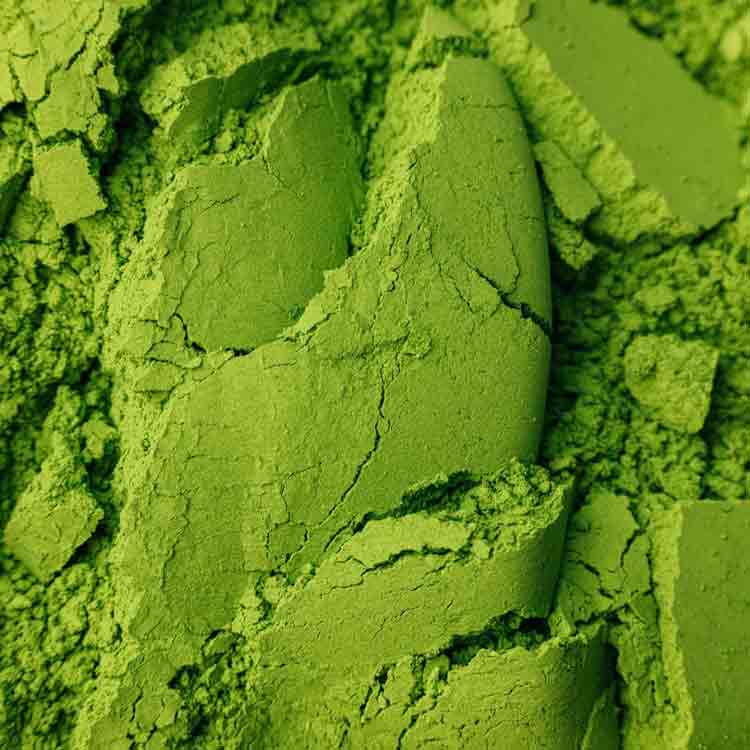
Color
High-quality matcha has a rich, bright green color. A yellowish or brownish tone indicates a lower quality.
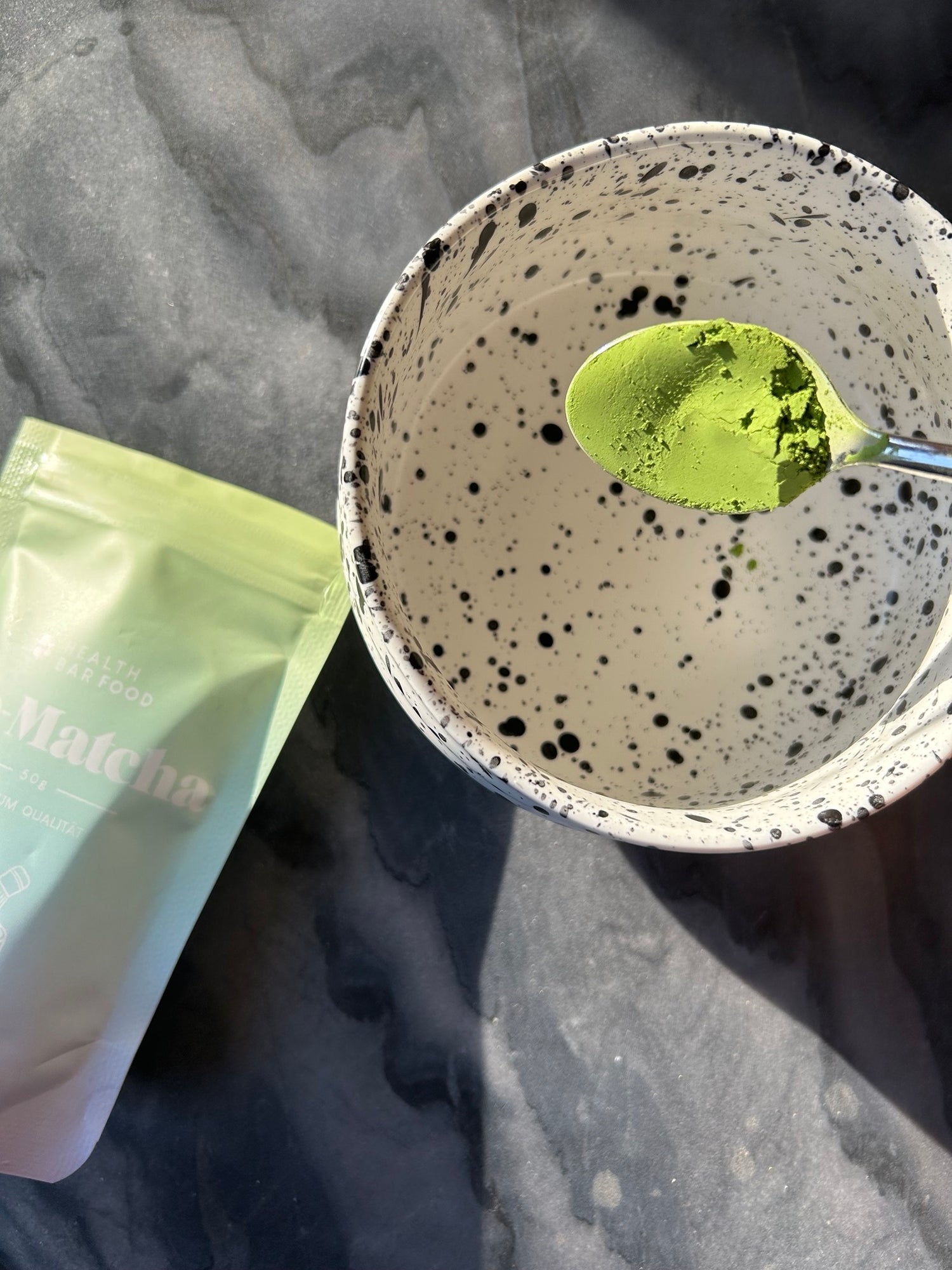
Texture
High-quality matcha has a fine, powdery consistency, almost like talcum powder. Lower qualities are often coarser and lumpy.
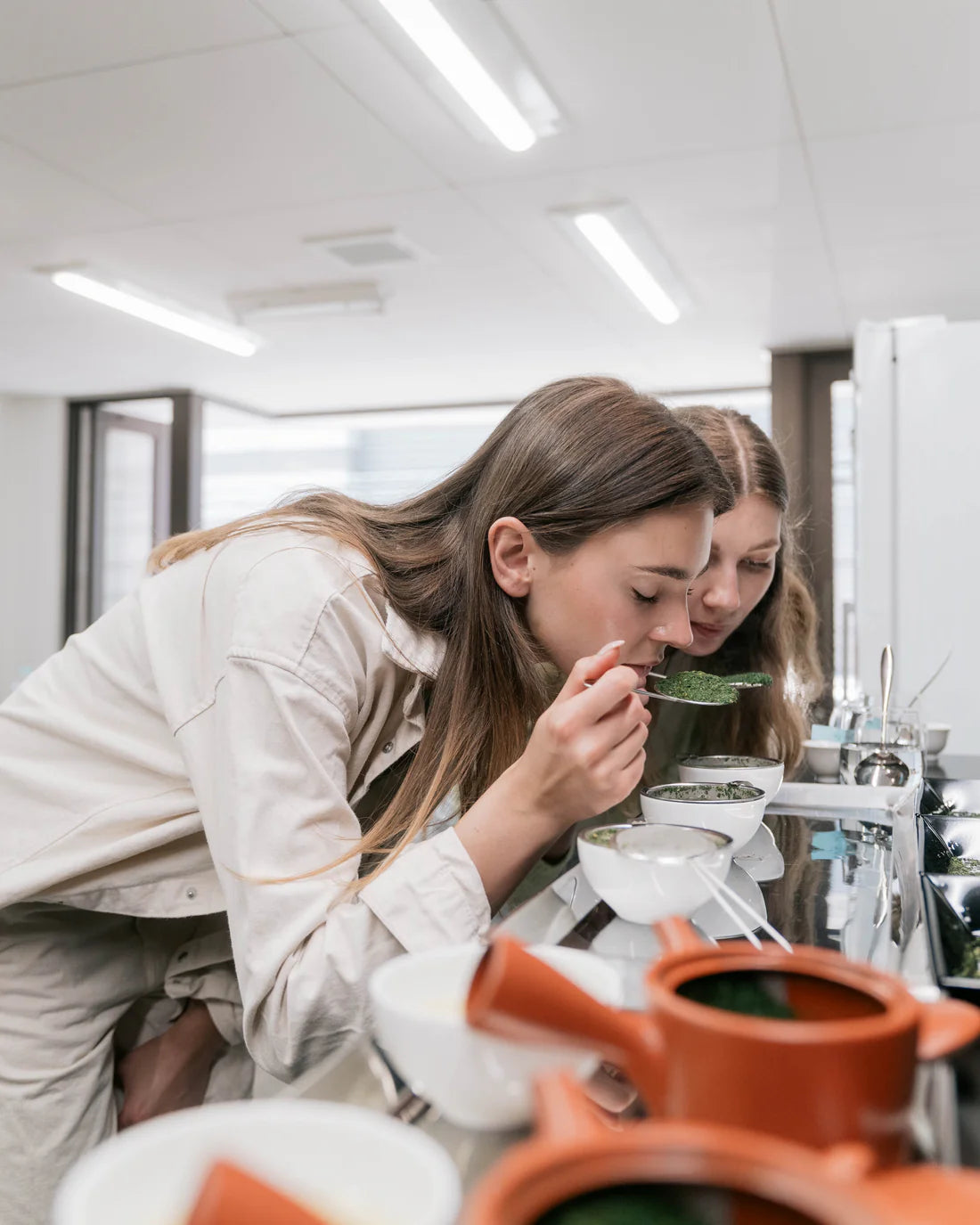
Odor
High-quality matcha has a fresh, herbal scent with a sweetish note. A musty or grassy smell can be an indication of inferior matcha.
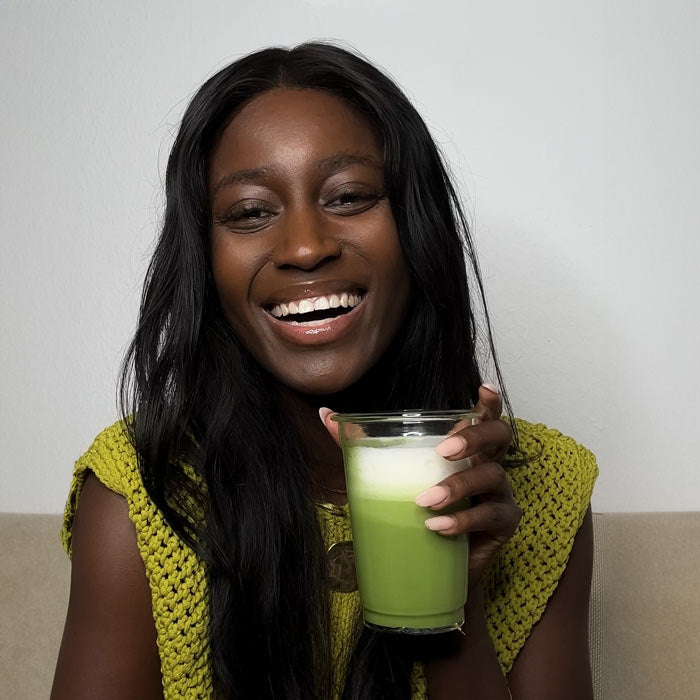
Taste
Good quality matcha is mild, sweet and has hardly any bitterness. Lower qualities often have a strongly tart or bitter taste.
Why is high-quality matcha so expensive?
The production of matcha is extremely labor-intensive. From shading the tea plants to selecting the leaves and grinding them into a fine powder, every step requires care and expertise. High-quality matcha products also undergo strict quality controls and are often produced in small batches. All of these factors lead to a higher price, but this is justified by the quality and taste.

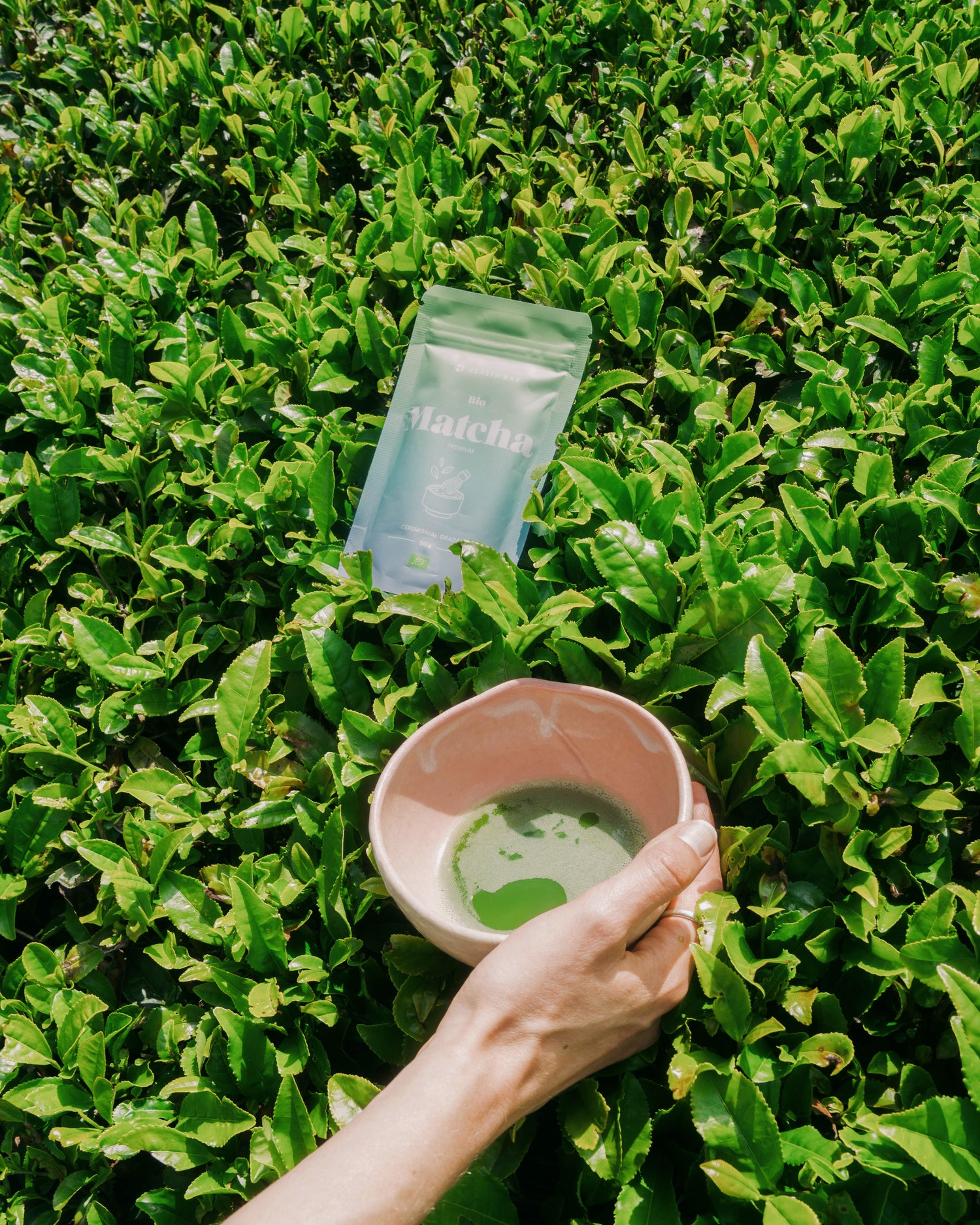
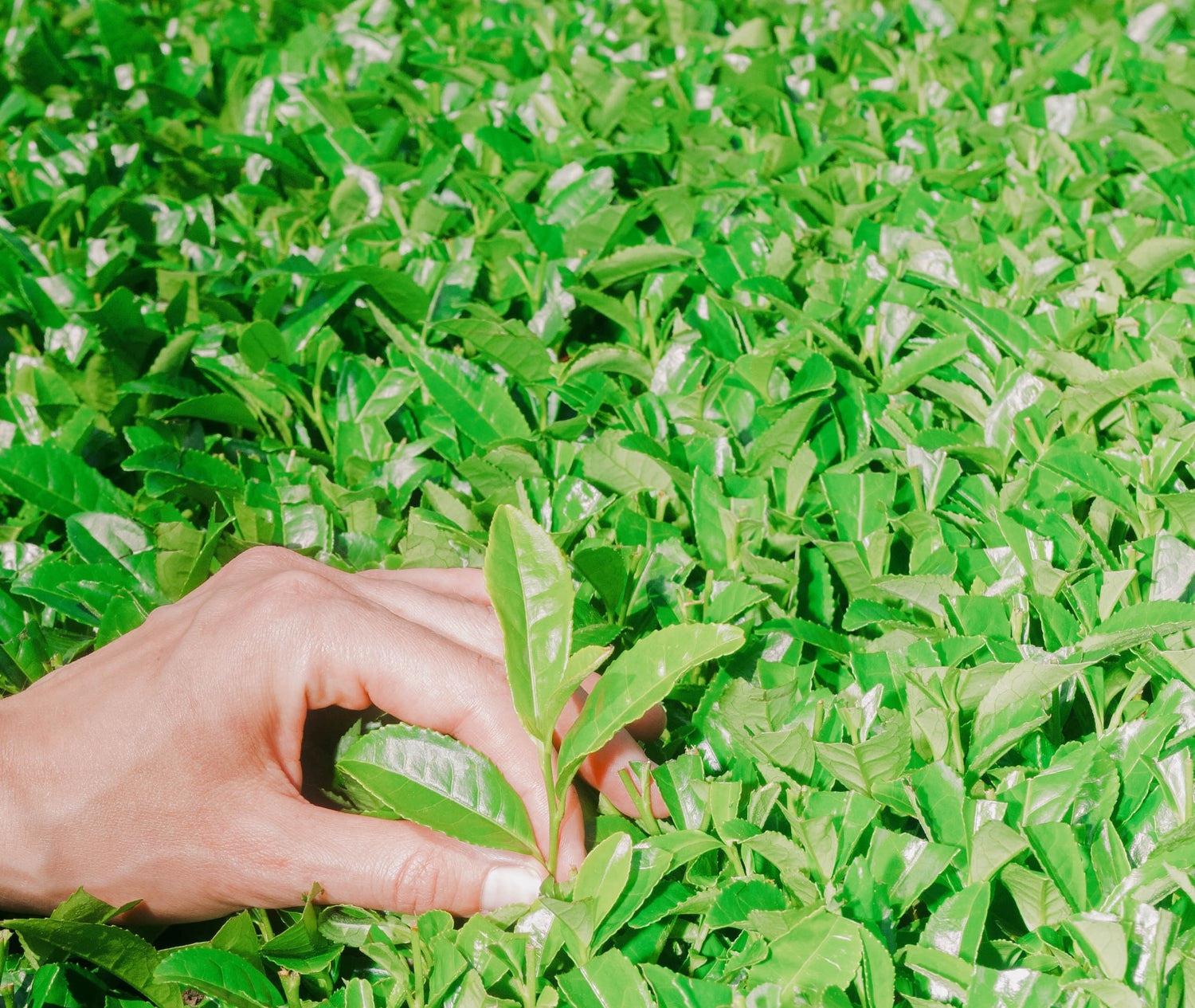

You can buy our matcha here
Discover MatchaThe health benefits of matcha
Matcha is often referred to as a superfood, and for good reason. The high concentration of antioxidants, especially the catechin EGCG, promotes overall health and helps to reduce inflammation in the body. Other health benefits include:
- Improve concentration and attentionMatcha contains L-theanine, an amino acid that has a calming effect and increases alertness.
-Strengthening the immune systemThe antioxidants in matcha help to neutralize free radicals and support the immune system.
- Support weight lossMatcha stimulates the metabolism and can therefore help with weight loss.
Tips for buying high-quality matcha
1. pay attention to the origin: Japanese matcha is generally considered the best choice as the production processes are more strictly regulated.
2. read the label: Terms such as "ceremonial" or "premium" are a good indication of quality, but certificates such as organic seals can also provide valuable information.
3. consider the price: High-quality matcha is often more expensive. A very cheap product may indicate inferior quality.
4. check online reviews: Testimonials from other customers can give you an idea of whether the matcha really has the stated quality.
Conclusion
Matcha is a versatile, healthy and tasty drink that is available in different qualities. If you want to make the most of the pure enjoyment and health benefits of matcha, you should opt for high-quality varieties such as ceremonial or premium matcha. With a conscious purchase and the right selection, you not only get better quality, but also a particularly intense taste experience.





